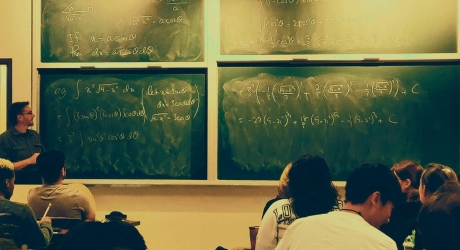The Sunday Guardian | Aug 19, 2017
The Quran invites its adherents to enquire about things and the Prophet encouraged people to engage in direct observation and reflection. All of this led the Muslims to study everything objectively. Due to this, Muslims started eagerly learning from everyone irrespective of his or her religious and cultural origins.
This trend of insatiable curiosity and open mindedness motivated the succeeding generations during the Umayyad and Abbasid times to enthusiastically learn and translate the cultural legacy of other nations, particularly the Persian, Greek and Roman. Abu Jafar Mansur (754-775) established Bayt al-Hikmah (the House of Wisdom) where highly paid multilingual scholars were appointed to translate into Arabic books on Persian literature, Greek philosophy, medicine, and other sciences available in those times in different parts of the world.
This was an actualisation of the Prophet's inspiring words: "Wisdom is a believer's own property; he should try to take it wherever he finds it." Of the Abbasid Caliphs, Harun Ar-Rashid, Al-Mamun and Mutadid Billah, are reported to have invited doctors, philosophers, and learned scholars from various parts of the world to settle in Muslim cities and help in these activities.
This generous appreciation and support of the state accelerated research work, and cultural exchange through translation, which reflected on the general progress and development of the entire Muslim world at that time. Spain, under Muslim rule, witnessed a similar progressive and developmental process.
A number of renowned historians of science and civilization have pointed out that Muslims' contribution in the development of natural sciences and philosophy were not merely confined to translations from Greek, Persian and Indian. For in view of their inquisitive and critical mindset, it was not possible for them to accept Greek philosophy or any other sciences without an objective analysis.








